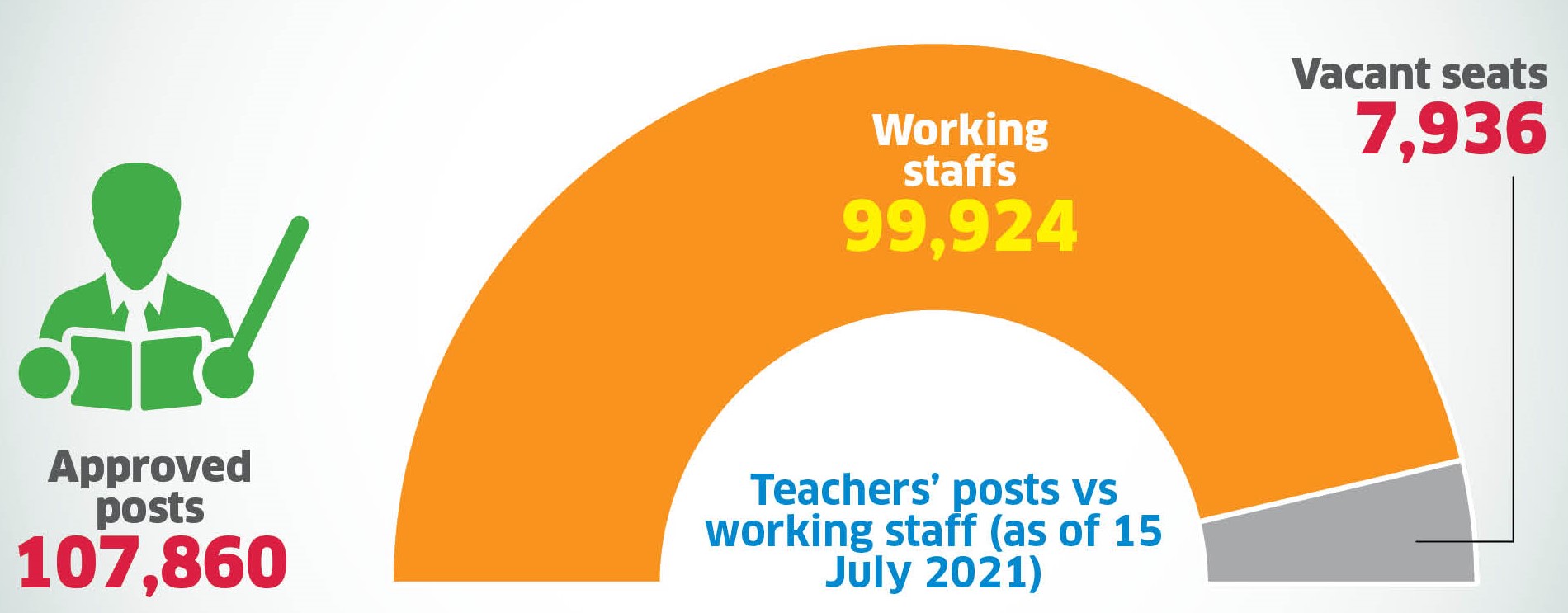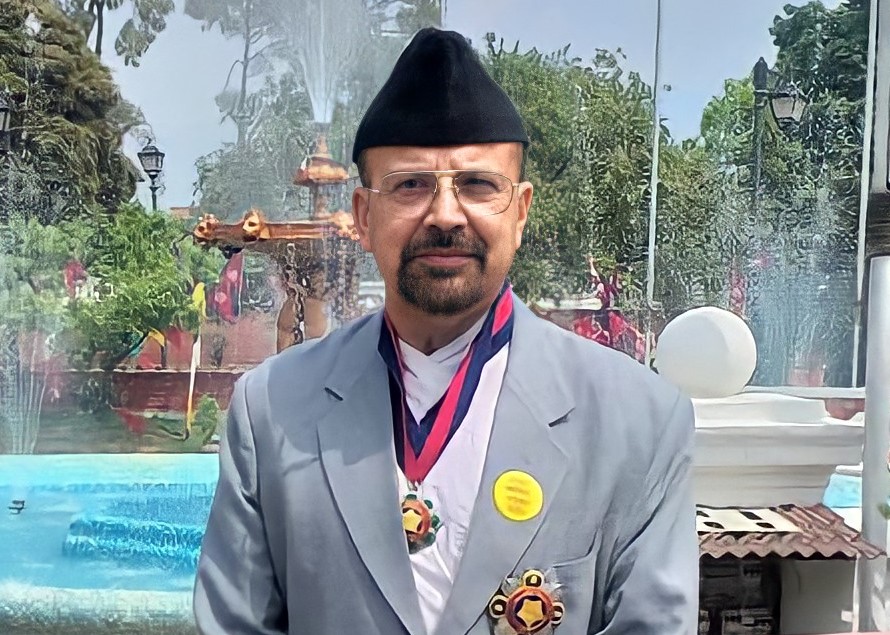With the promulgation of the new constitution in 2015, Nepal adopted a federal system with three tiers of government—federal, provincial and local—thereby restructuring the unitary state into a federation. This increased the number of government offices, leading to a surge in demand for workers. For instance, the offices and ministries of the seven federal provinces automatically increased the need for additional staff. In the new federal set-up, there are six metropolitan cities, 11 sub-metropolitan cities, 276 municipalities, 460 rural municipalities, and 6,743 wards. Civil servants are required to run these offices, besides supporting the functioning of elected representatives. Moreover, various departments have added branches so that citizens can conveniently get services.
As expected, there has been a severe staff shortage. Before the 2017 local level elections, the Ministry of Federal Affairs and General Administration, in coordination with the Public Service Commission (PSC) and other concerned authorities, had initiated homework to meet the workforce demand. Five years on, progress has been patchy. The tenure of elected local governments is ending in May 2022.

Immediately after the formation of local governments, elected representatives started complaining about the lack of civil servants. Of the almost 65,000 posts approved for the local level, more than half (i.e. 34,473) seats are still vacant. The recruitment process was moving ahead smoothly, but the ministry’s attempt for adjustment of civil employees resulted in shortage of staff in almost every local level office, hindering service delivery.
A related problem is lack of laws mandating coordination and cooperation between the federal and provincial governments. The federal government is still reluctant to delegate power to the provinces, preventing them from recruiting the required staff on their own.
Also read: Nepali political parties far from inclusive
Even though there could be no smooth adjustment of civil servants, the Nepal Police claims to have more or less adjusted its personnel in the federal and provincial governments. Right now there are 4,000 vacancies in Nepal Police but that is normal, says SSP Bishnu Kumar KC, Spokesperson and Information Officer of Nepal Police. At the end of each year, they prepare a list of approved posts and incumbent staff and coordinate with the Ministry of Home Affairs and Public Service Commission on new recruitment. Throughout the year the number of staff decreases due to resignation, retirement, and deaths. “We have deputed extra personnel in Province no. 1 and Sudurpaschim, and slightly reduced personnel in other provinces,” he adds.
Almost 8,000 seats of teachers are vacant, currently filled with temporary teachers appointed on contract basis. Temporary hiring has given rise to nepotism, favoritism and corruption, as school heads have the authority to utilize and manage school’s resources and manpower.
We need more technical civil servants
Kashiraj Dahal

Local bodies are our major service providers as they are directly associated with the public and with broad work areas. They thus need more civil servants. But 55 percent of the allocated seats in local level civil services are vacant, creating a void between government and the public. The concerned authorities should immediately fill these vacant seats via federal and provincial Public Service Commissions. Prior to that, the parliament should pass the ‘Nijamati Ain’, which upholds the essence and importance of civil services.
The government must focus on recruiting professional technical staff, as their multiple skills will help get governmental work done in less time. It will also restore the credibility of the civil servants who are often accused of not doing their jobs on time. I believe in quality not quantity, so let’s not count posts but adjust them on a need basis. Our administrators have no idea of work division, but without it, we can’t be competent as well.
Dahal is an expert in public administration and former Secretary of the Nepal government











